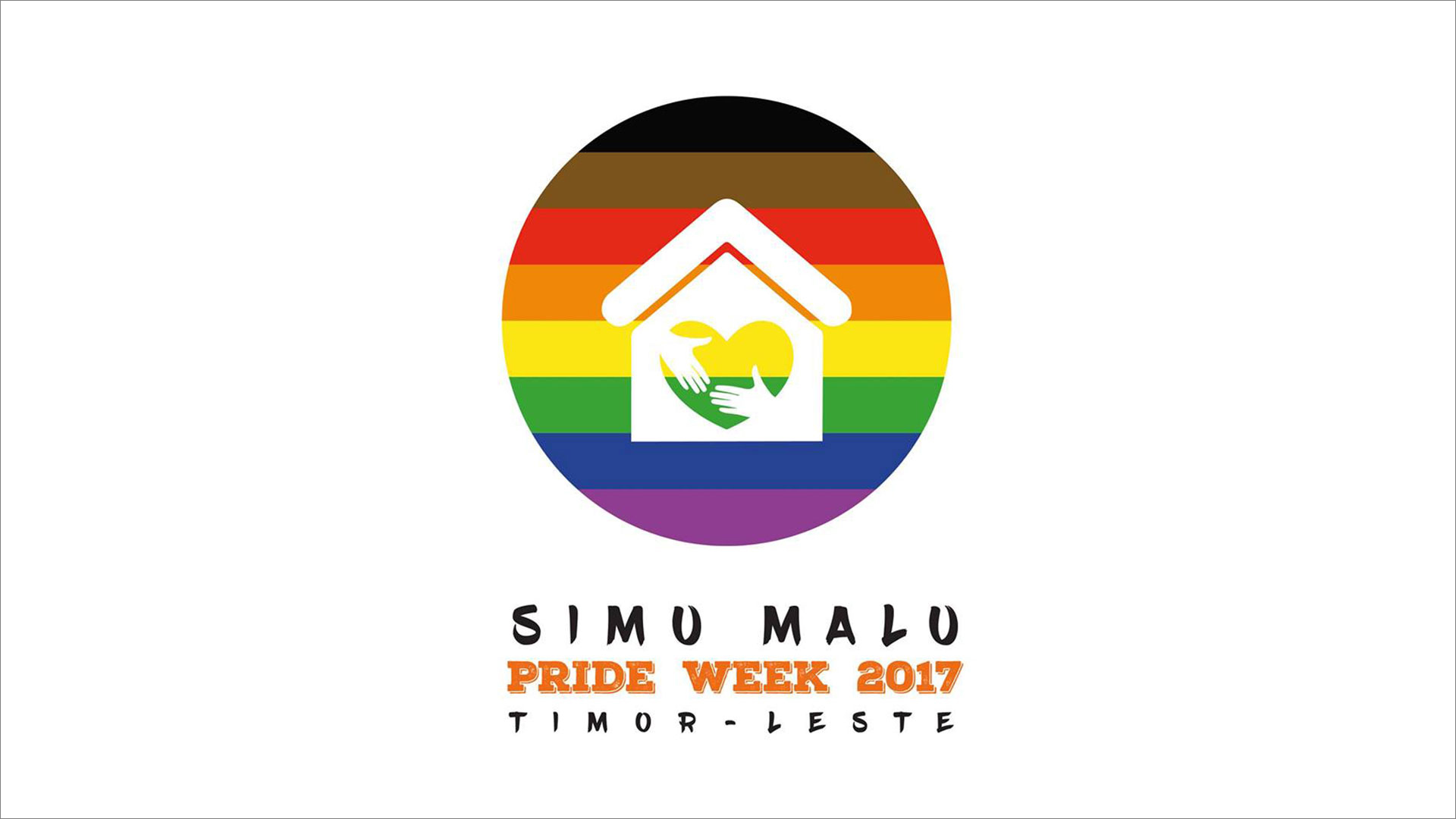
Statement released on June 27th, 2017
We need more Asian leaders to speak for LGBTIQ human rights and inclusion. Thank you PM Rui Maria de Araujo for expressing your support.
Official Statement of His Excellency Prime Minister of the Democratic Republic of Timor-Leste on LGBT Acceptance:
Everyone has the potential to contribute to the development of the nation, including members of the LGBT community (lesbian, gay, bisexual and transgender).
Discrimination, disrespect and abuse towards people because of their sexual orientation or gender identity does not provide any benefit to our nation.
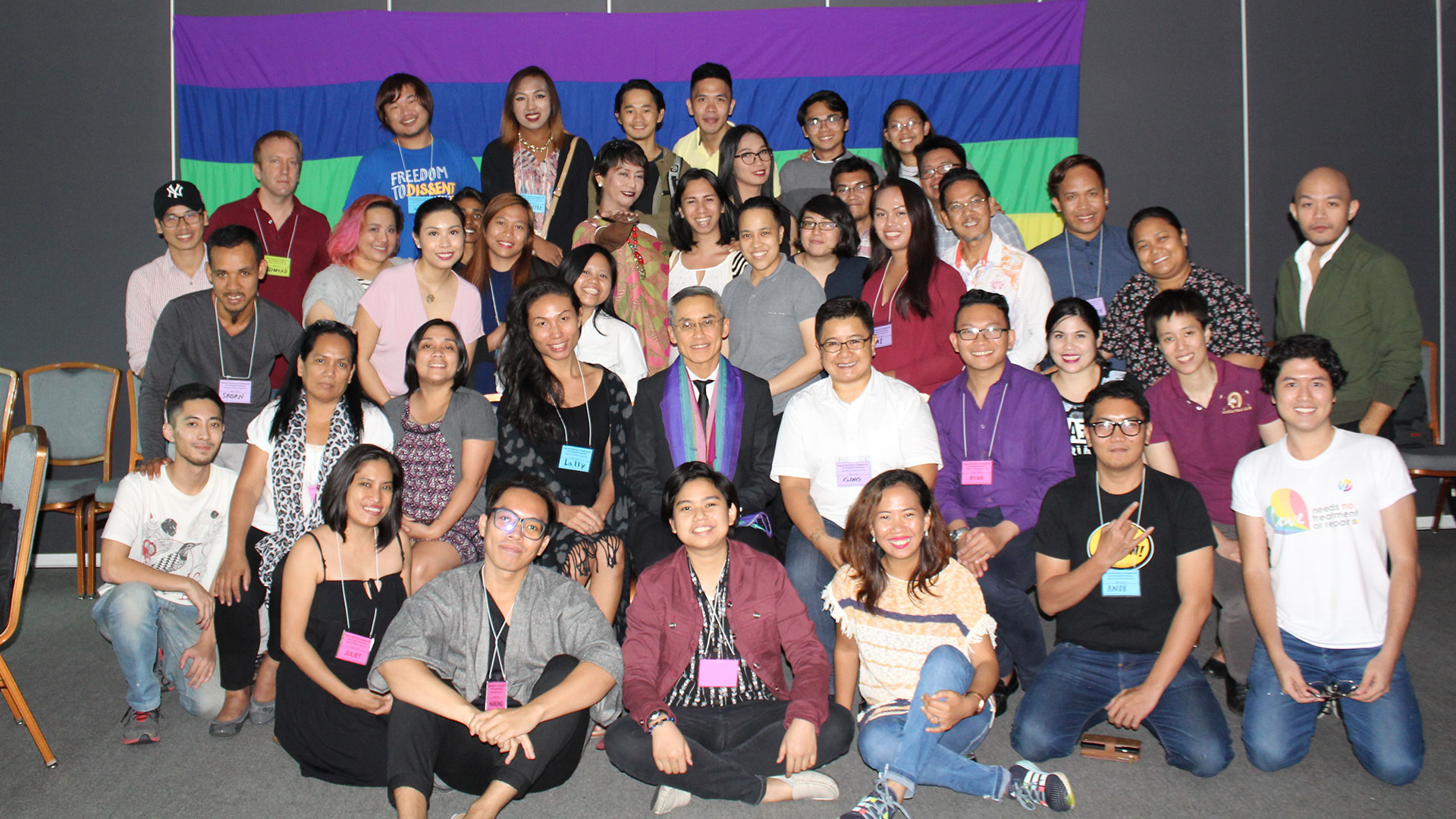
May 4 to 5, 2017
The ASEAN SOGIE Caucus organized Advocacy Dialogue on Engaging the UN Special Procedures from 4 to 5 May 2017. The workshop was organized for lesbian, gay, bisexual, transgender, intersex, and queer (LGBTIQ) activists from countries in Southeast Asia to learn and appreciate the use of the Special Procedures, a system of independent human rights experts tasked with monitoring and reporting human rights violations.
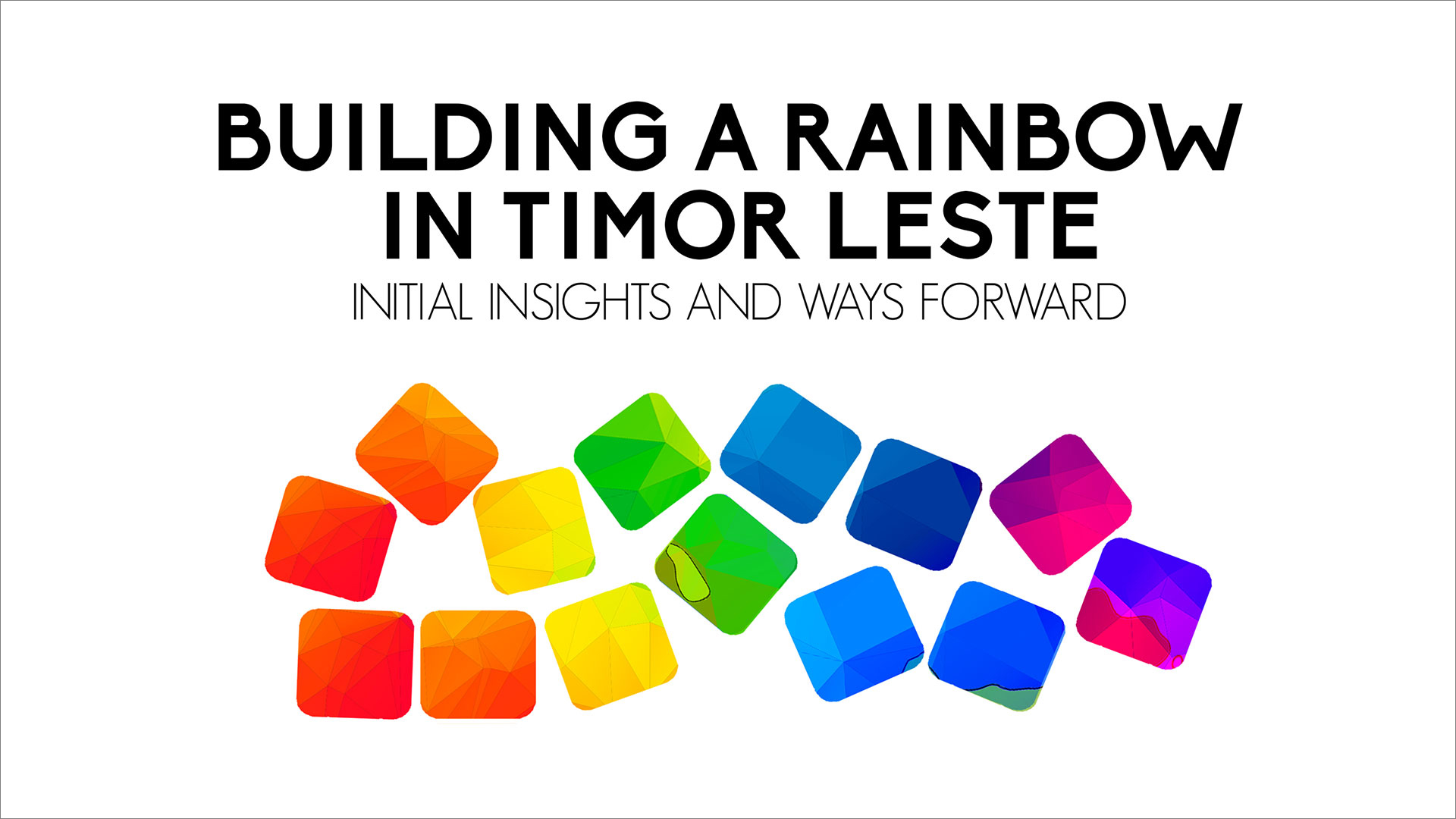
ASEAN SOGIE Caucus is happy to announce the publication of "Building a Rainbow in Timor-Leste: Initial Insights and Ways Forward", which tackles briefly some of the social, political, and legal challenges facing Timorese LGBTIQ people today.
In August 2016, during the ASEAN Civil Society Conference / ASEAN Peopleís Forum in Dili, ASEAN SOGIE Caucus (ASC) engaged for the first time with people from Timor-Lesteís lesbian, gay, bisexual, transgender, intersex, and queer (LGBTIQ) community. In collaboration with ISEAN HIVOS Program (IHP) and the Coalition of Diversity and Action (CODIVA), ASC organized ìRainbow Solidarity: Strengthening Ties Among LGBTIQ Activists in ASEANî, where activists talked about what it was like to be LGBTIQ in their countries. During the activity, ASC committed to support LGBTIQ activism in Timor-Leste, affirming the countryís emerging role for LGBTIQ advocacy in Southeast Asia. As part of this commitment, this discussion paper was produce to highlight the key issues shared with us by activists, and identify ways forward for advocacy in Timor-Leste.

We, the undersigned, are deeply saddened by the senseless murder of Sameera Krishnan, a young transgender woman on 23rd February 2017 at about 3:30 a.m. in Kuantan, Malaysia. Not only was she attacked with a knife and slashed in the hands, arms, head and legs, she was also shot three times. Sameera worked as a florist in Kuantan and is described by family and friends as a soft-spoken and a down-to-earth person. Her funeral was held on Friday, 24th February, which happened to be her birthday.
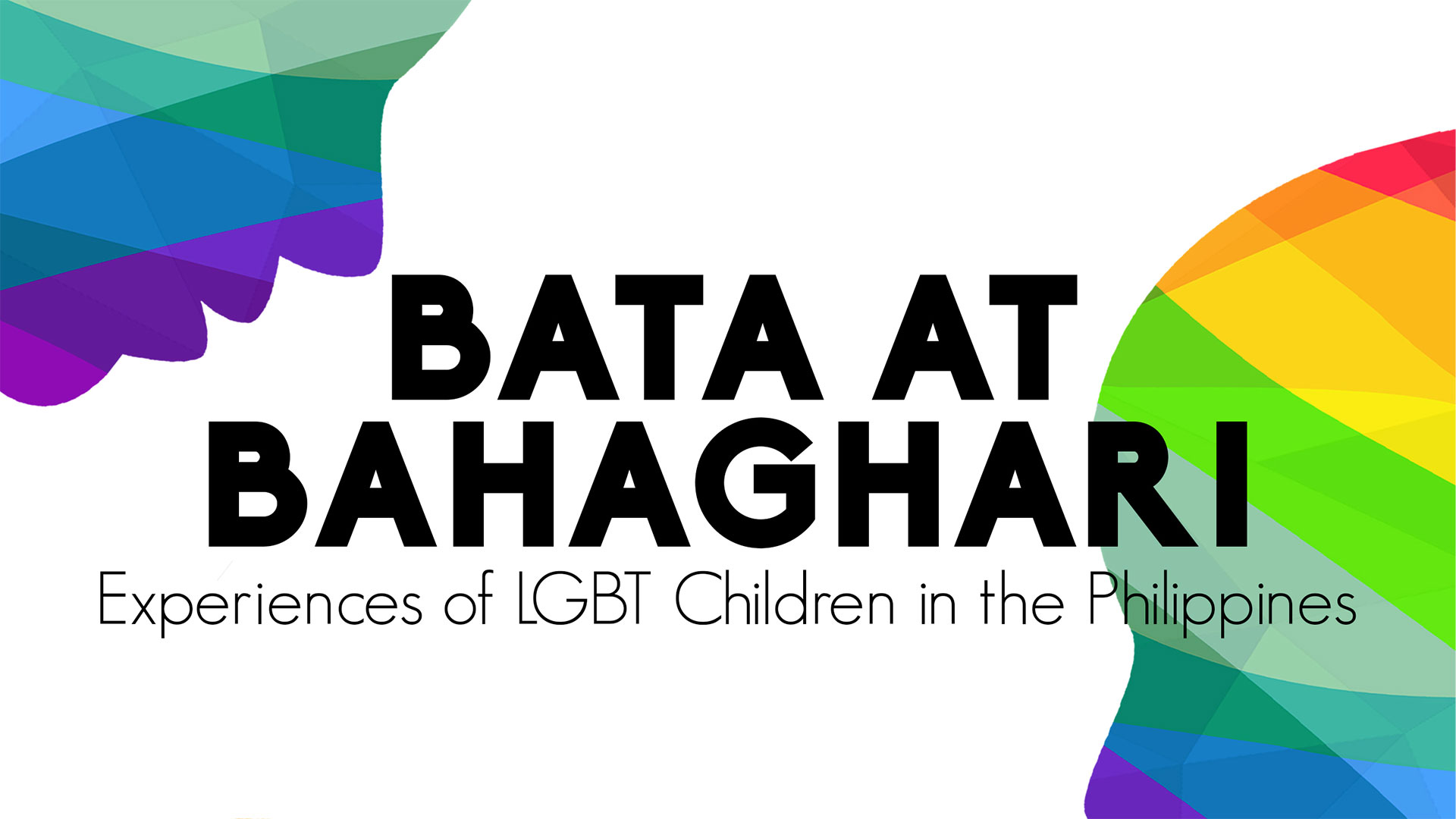
ASEAN SOGIE Caucus is pleased to announce the publication of "Bata at Bahaghari: Experiences of LGBT Children in the Philippines", the first of its ongoing Discussion Series tackling various issues in LGBTIQ advocacy in the Southeast Asian region.
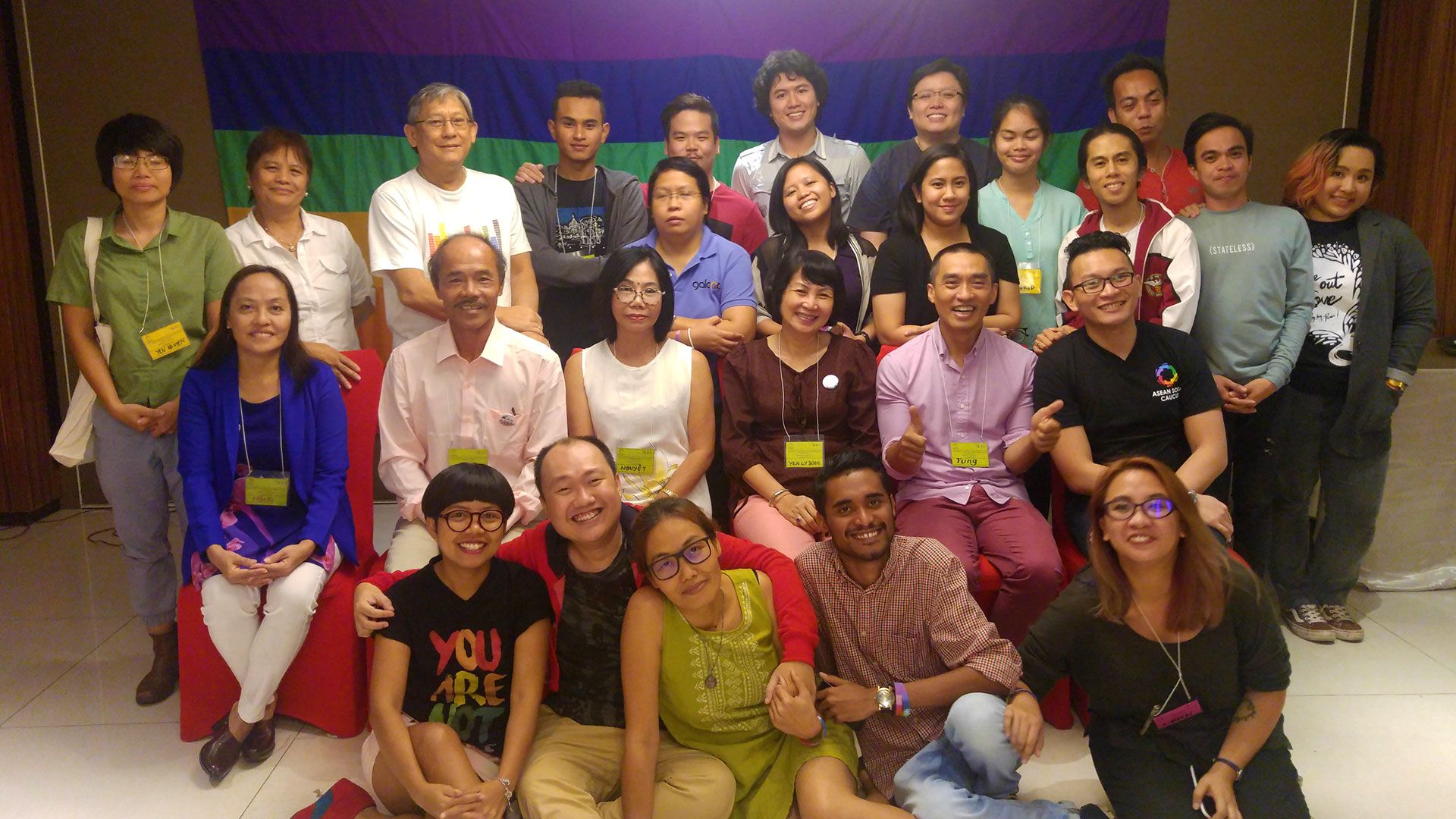
February 22 to 23, 2017 | Brentwood Suites, Quezon City, Philippines
The ASEAN SOGIE Caucus, in cooperation with ICS[1] of Vietnam, organized the "Regional Workshop to Promote Family Acceptance of Lesbian, Gay, Bisexual, Transgender, Intersex and Queer (LGBTIQ) Persons in ASEAN" from 22 to 23 February 2017 in Brentwood Suites, Quezon City. The workshop brought together LGBTIQ organizations from across Southeast Asia and featured members of Vietnam’s PFLAG (Parents and Friends of Lesbians and Gays) as key resource speakers. One of the key objectives of the workshop was to provide a space to share good practices in promoting family acceptance for LGBTIQ persons, and help participants develop plans of action at the national and regional levels.
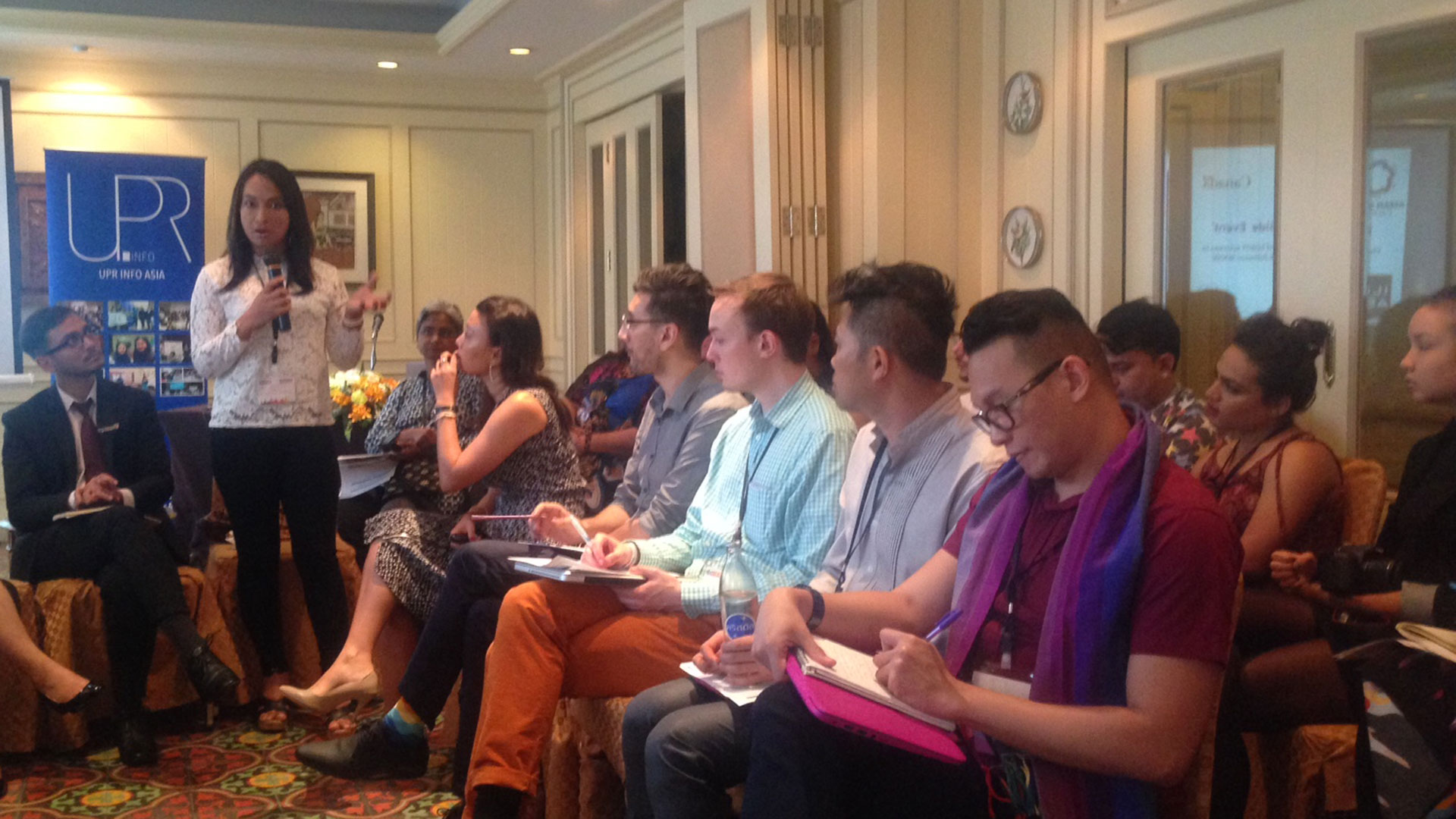
The Universal Periodic Review (UPR) is a peer review process that covers all UN member states. It offers a unique opportunity to advance the realization of human rights worldwide.
According to the research conducted by ILGA and ARC, UPR was one of the most-used UN mechanisms by SOGIESC advocates (95 respondents have engaged with it and 81% of the survey respondents felt that the UPR was the most useful UN mechanism supporting their work). However, not so many local communities especially LGBTIQ within the global south familiar about the process. Local communities perceive misconception about the UPR that is a complex procedure and need certain expertise. However, the fact is in contrary with this myth and in fact the local communities should be in the centre of the overall advocacy process of the UPR.
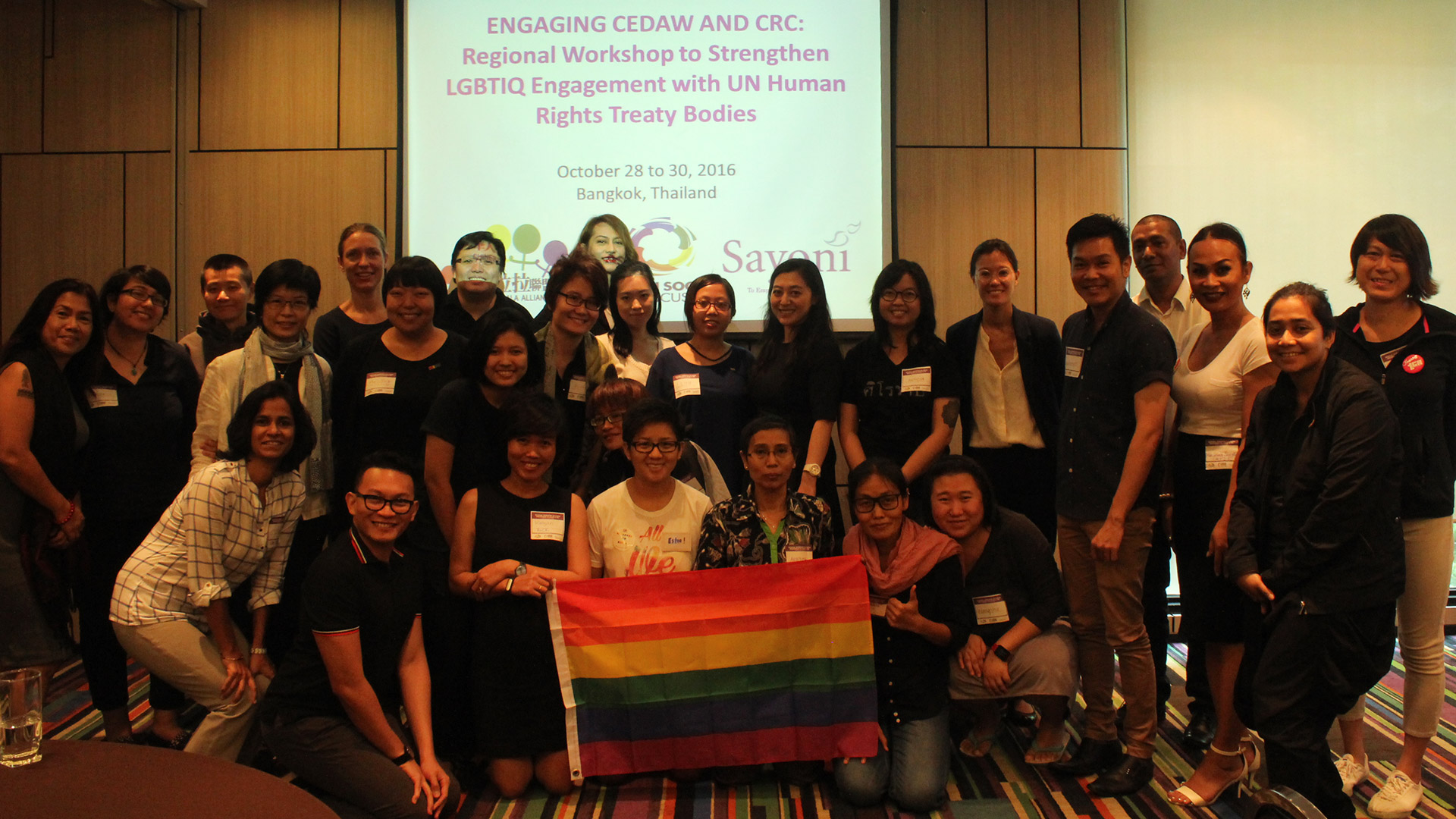
ASEAN SOGIE Caucus (ASC) in partnership with Chinese Lala Alliance (CLA) and SAYONI conducted a workshop titled: “Engaging CEDAW and CRC: Regional Workshop to Strengthen LGBTIQ Engagement with the UN Human Rights Treaty-Bodies”. The workshop aimed to facilitate learning exchanges between activists, representatives of UN and other INGOs, on experiences and good practices in engaging the CEDAW and CRC monitoring and reporting processes.